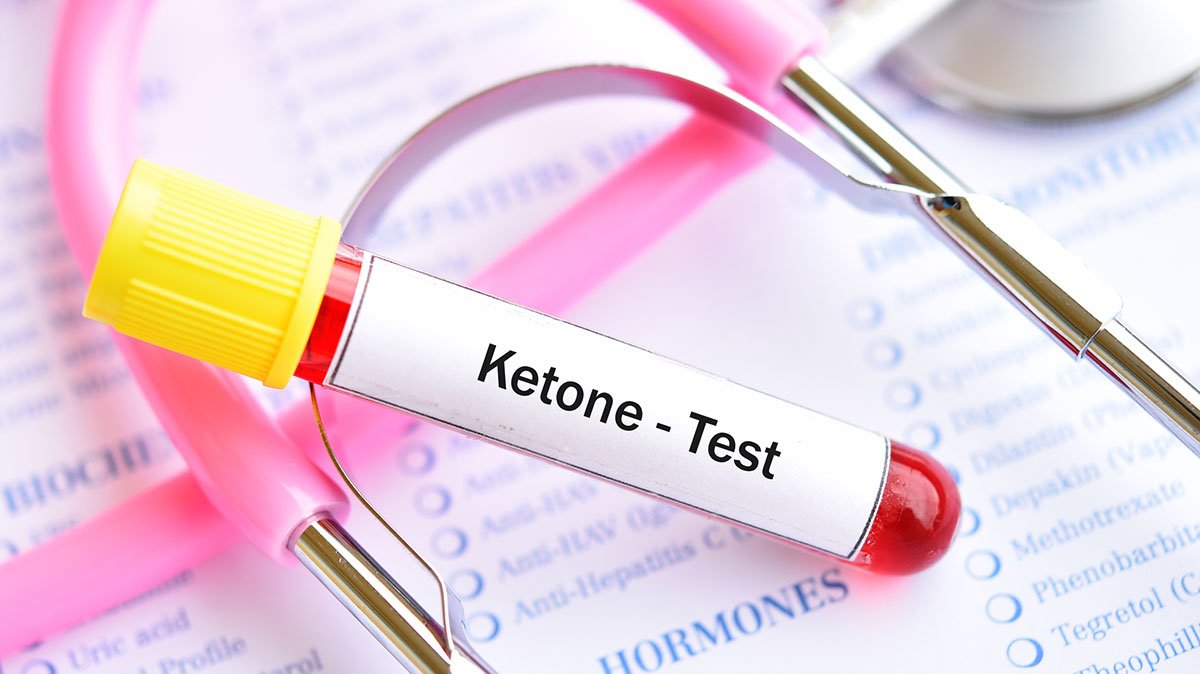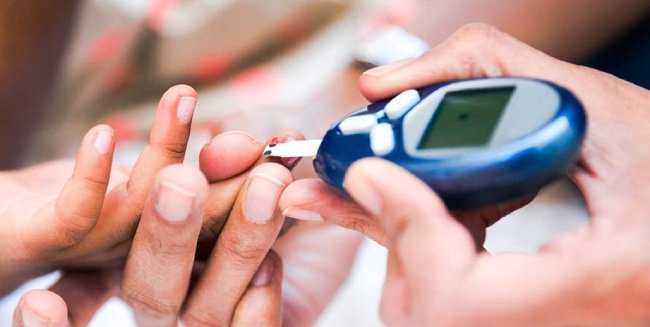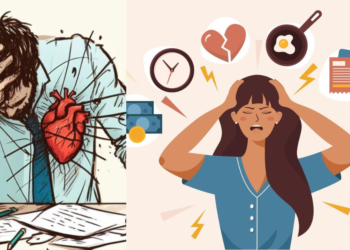A latest research suggests that the brain may play a more active role in blood sugar regulation than previously thought, even in people with Type 1 diabetes (T1D). Traditionally, T1D is understood as a condition where the immune system destroys insulin-producing beta cells in the pancreas, leaving external insulin as the only way to manage blood sugar.
What the Study Reveals?
A new study released in the Journal of Clinical Investigation has revealed important findings regarding the brain’s role in managing type 1 diabetes.
Type 1 diabetes is an autoimmune disorder that stops insulin production, resulting in high blood sugar levels. When insulin is lacking, the body turns to fat for energy, leading to a harmful rise in blood sugar and ketoacids, a state called diabetic ketoacidosis (DKA), which is usually managed with insulin.

ALSO READ: Heart Attack and Immediate Response: The Lifesaving Power of CPR and AED
The research emphasizes the significance of leptin, a hormone generated by adipose cells, in governing appetite and energy equilibrium through the hypothalamus in the brain.
Research indicates that when insulin levels decline, leptin levels also fall, causing the brain to mistakenly perceive an energy shortage despite the availability of glucose and fat. This misunderstanding causes the brain to boost sugar and ketone creation, leading to DKA, the research indicated.
ALSO READ: Analysis! Are We Doing Enough to Combat the Rise in Cancer Cases?
The study suggests that persuading the brain that the body possesses sufficient energy, or inhibiting the brain’s signals that initiate glucose and ketone production, may aid in averting diabetic ketoacidosis (DKA). This contests the longstanding assumption that type 1 diabetes is exclusively due to insufficient insulin.
Other Similar Researches
A 2024 study published in Nature Metabolism found that specific neurons in the hypothalamus can sense low glucose and signal the liver to produce more via gluconeogenesis, even in insulin-deficient mice.
Researchers are now exploring how neural pathways in the hypothalamus and brainstem interact with the liver and other organs to influence glucose metabolism. While this doesn’t replace the need for insulin, it opens new doors for brain-targeted therapies that may support better glucose control and reduce dangerous lows.














